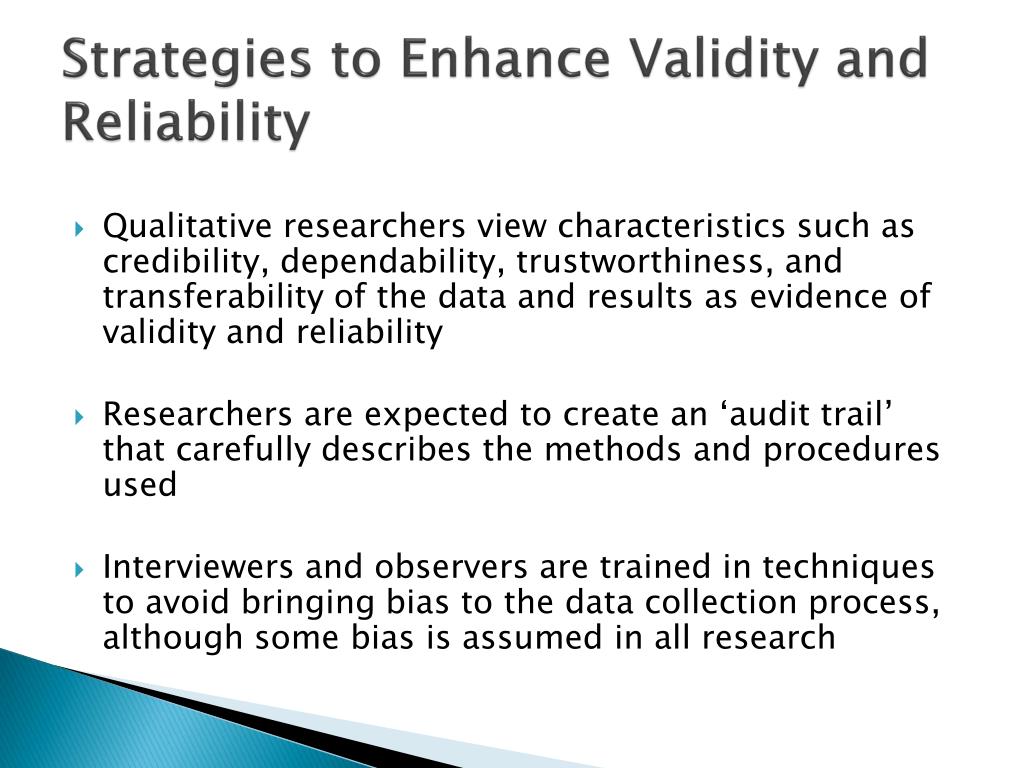

Results and findings should also be generalisable. If a study cannot be replicated, this might lead other researchers to believe that the results were fabricated, and this would invalidate the whole study. Replication must be possible to test the study’s validity. If a theory cannot be tested others working in the same field will not be convinced of its worth or the scientific rigour of the study. All researchers should test their hypotheses and prove or disprove them before they disseminate the results of their study. Next let’s look at the idea of falsifiability: this basically means that if any hypothesis has credence it has to be possible to test whether or not is correct. Researchers, for this reason, have a duty to the scientific community to report their methodology, results and findings honestly. A study can be replicated time after time to determine the reliability of the original research methods, for example. This helps to demonstrate that the results of a study are trustworthy. When the results are reproducible, then this is a measure of reliability. Reliability means in part that measurements are consistent and in turn this means that if the exact same conditions prevail in another study, for example, then the same results should be obtained.

A test, for example, is valid if it can measure what it is designed to measure.

In other words, however many times you measure something the results should always be the same. Quantitative research relies on the reliability and validity of its data.


 0 kommentar(er)
0 kommentar(er)
